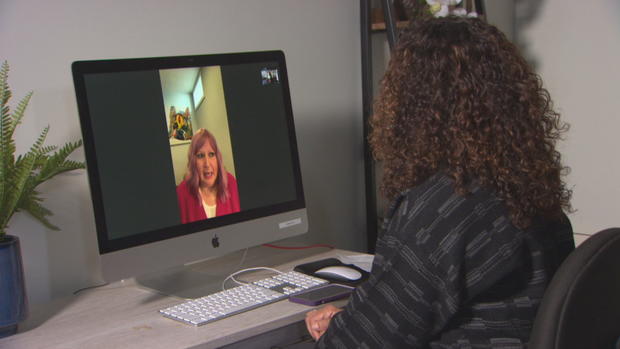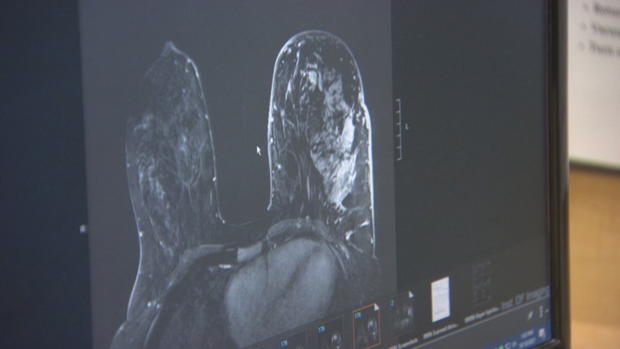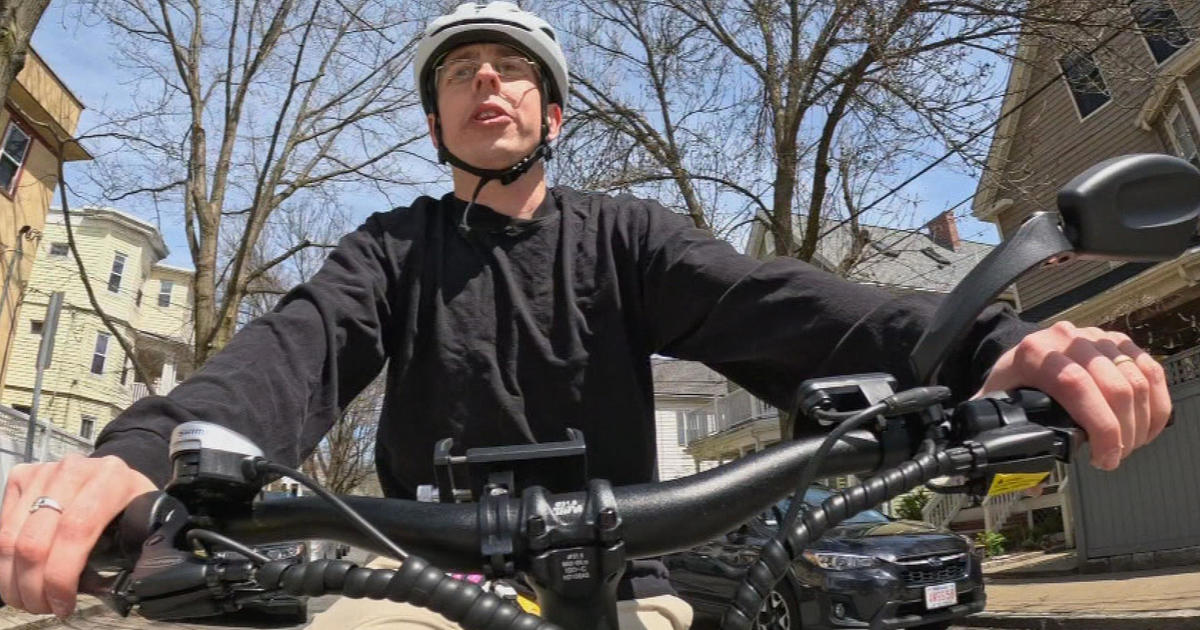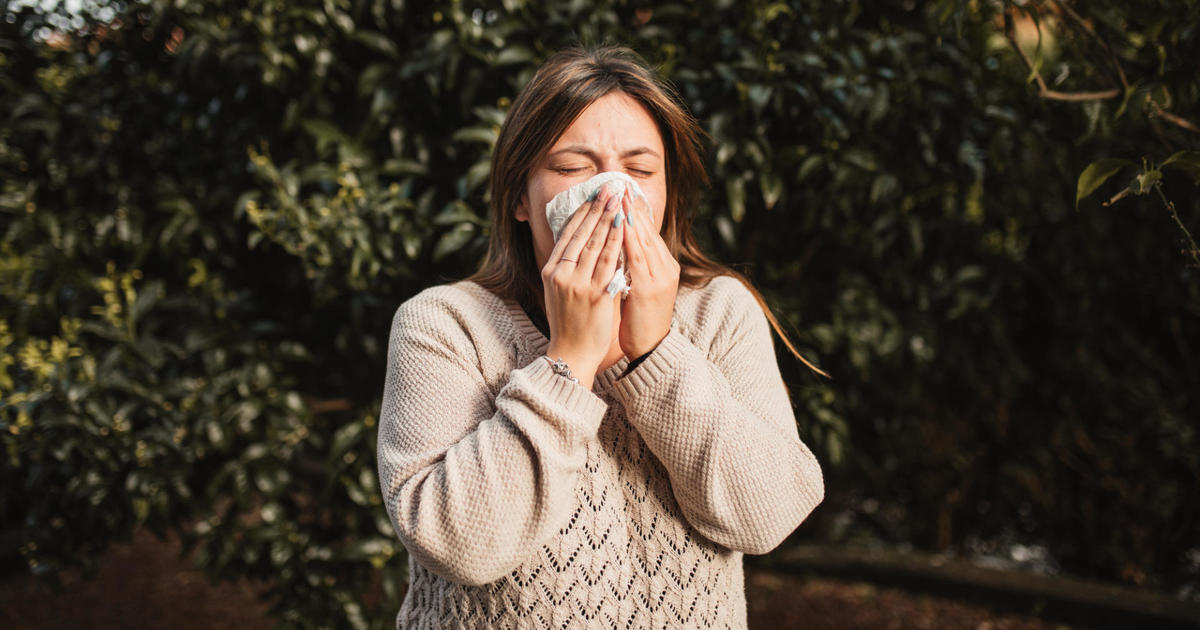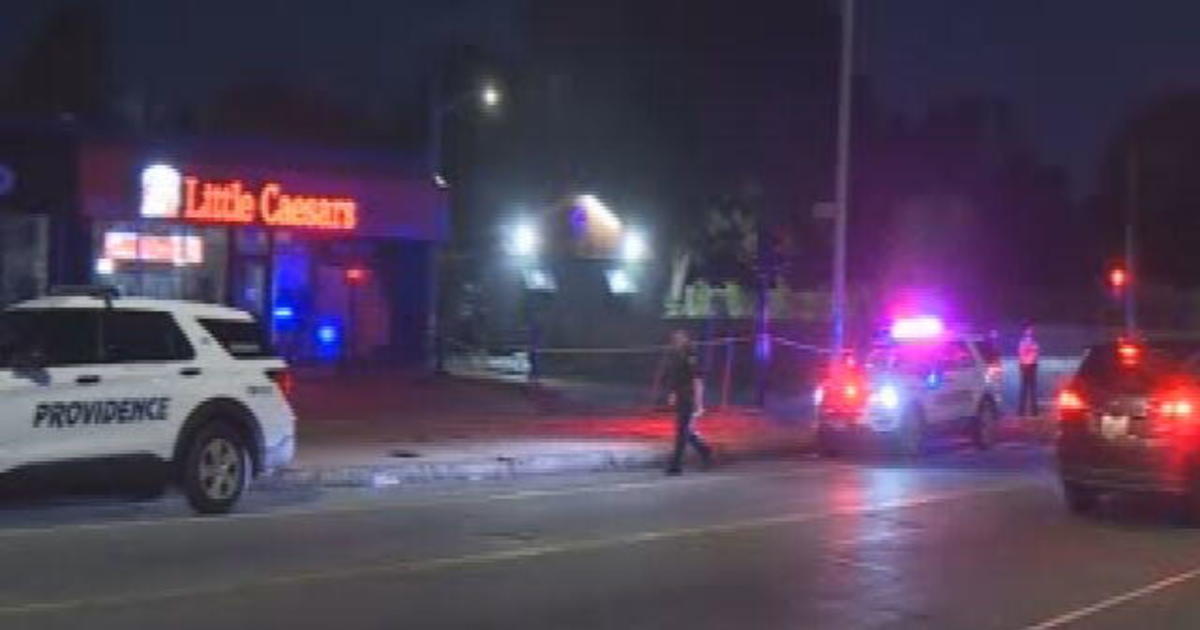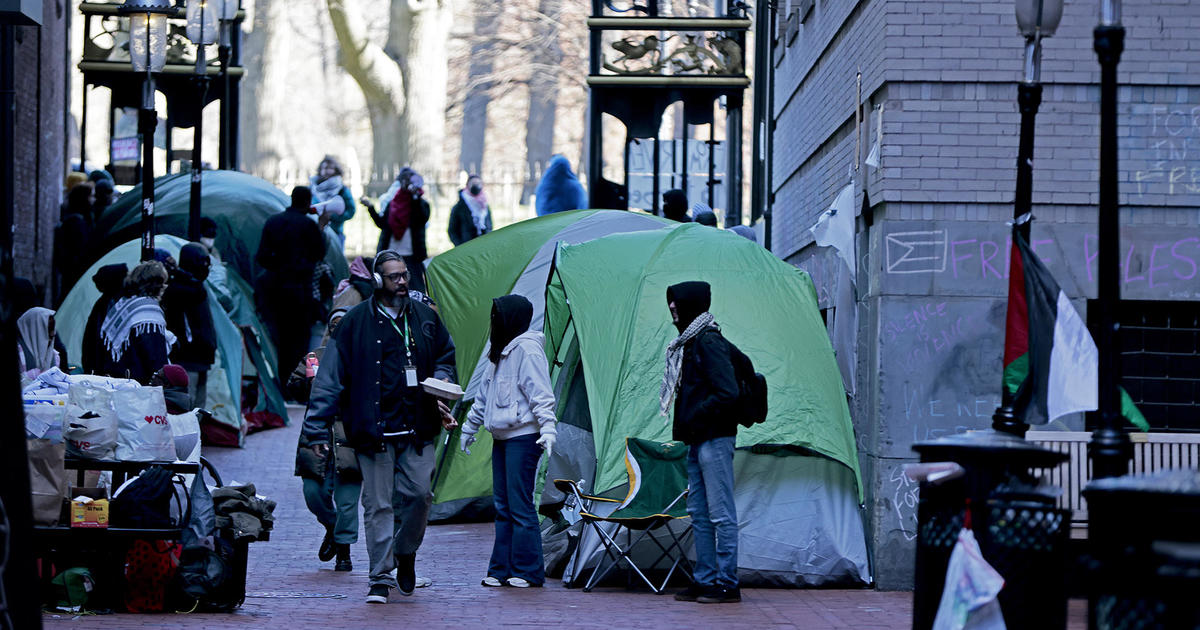Dr. Mallika Marshall's Answer To Viewer's Question Leads To Breast Cancer Diagnosis
BOSTON (CBS) -- Back in March, 44-year-old Amy Manganaro received her first COVID-19 vaccine shot.
Three weeks later, she received her second shot. Around that time, she noticed her breast and lymph nodes on the same side she received her shots were growing in size and becoming tender.
"I was noticing some swelling, which I assumed was a lymphatic reaction to the vaccination," she recalls. "However, it kind of lingered on longer than it frankly should have."
And it was getting worse, so she reached out to me.
"My mom said, 'You know, she's answering coronavirus questions. You should just go ahead and email and ask,'" Amy says. "So I did, and I think you had said, 'If it's more than 10 days or so, that it could be something else and I should get it checked.'"
She was shocked by what doctors found. This otherwise healthy woman, who never skipped a mammogram and had no family history, was diagnosed with inflammatory breast cancer.
"Unlike a more commonly-seen type of breast cancer diagnosed through screening, inflammatory breast cancer is characterized by cancer growing into the skin lymphatics," said Dr. Faina Nakhlis, a breast surgeon at the Dana-Farber Brigham Cancer Center.
In this case, the breast becomes swollen, heavy, and tender. The overlying skin, often thickened, discolored, and dimpled, becomes much like the peel of an orange. Inflammatory breast cancer makes up only about 5% of breast cancers and can be aggressive.
"Historically, the prognosis for inflammatory breast cancer was considered the worst one of all types of breast cancer," says Dr. Nakhlis. "The good news is that the therapies for inflammatory breast cancer, for all breast cancer, particularly an inflammatory breast cancer, have become optimized."
Dr. Nakhlis added she thinks Amy's prognosis is "actually very good".
Amy has undergone 16 weeks of chemotherapy and is having surgery this week. Then, she'll have radiation, with plans for reconstruction sometime after that.
"So my message to other women would be, you know, obviously get your mammograms. But beyond that, be vigilant about any changes that you notice, and act on them," Amy said. "I can sit here and feel sorry for myself, or I can try to use what I'm going through to try to help other women, and that's really what I want to do."
To be clear, the COVID-19 vaccines do not cause breast cancer or any other type of cancer.
In Amy's case, the two happened to be coincidental. But her story is a reminder that if you develop symptoms that seem easily explained by something, but last longer than expected, you should call your doctor and get evaluated.
